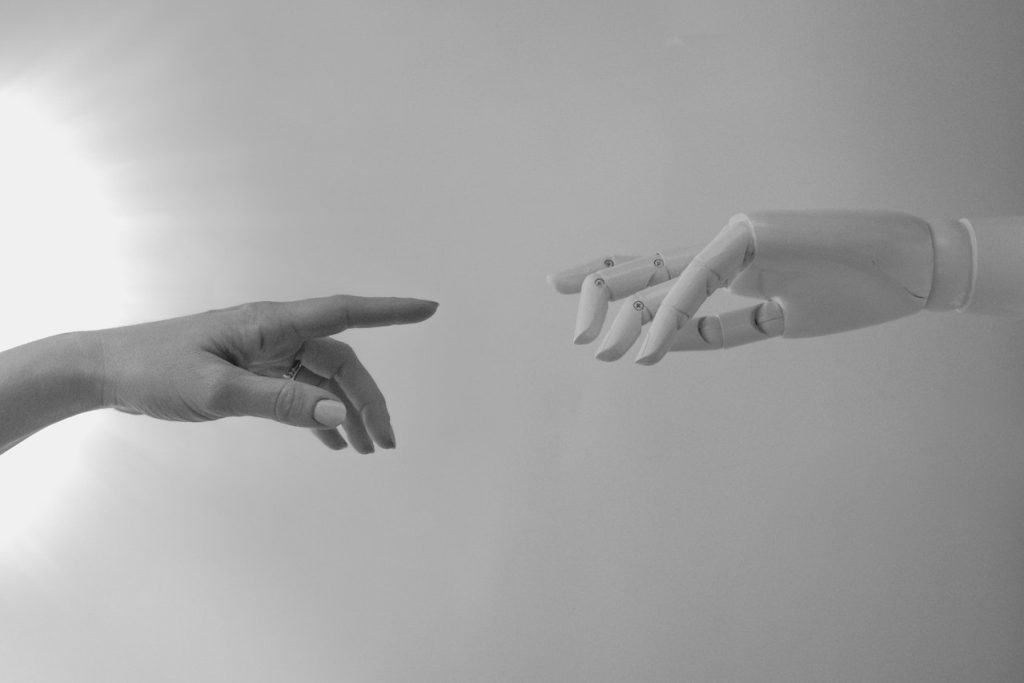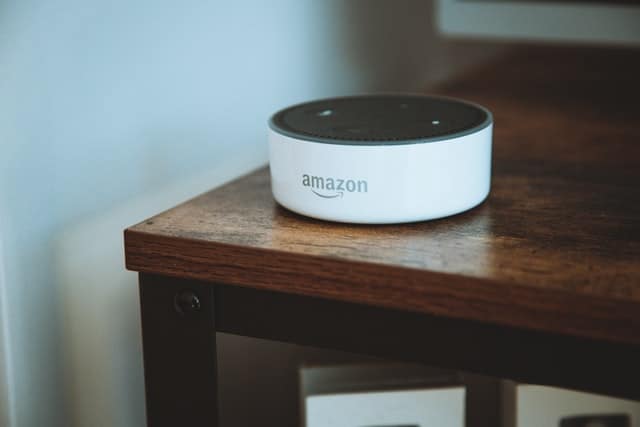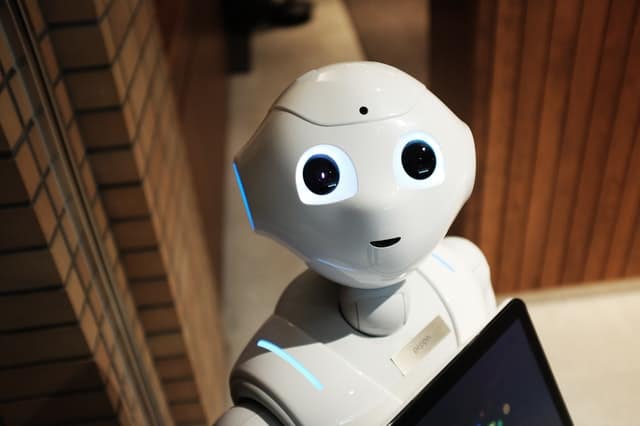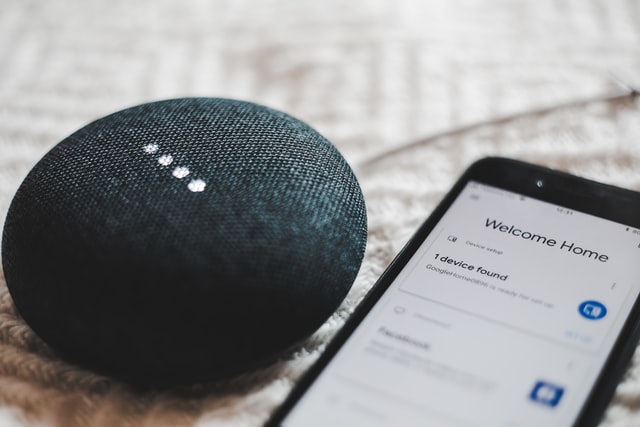First published: December 31, 2022 @ 6:00 pm
Today, artificial intelligence (AI) is a rapidly growing and constantly evolving field. It has come to be known as one of the most promising and disruptive technologies in recent history.
However, like any new and rapidly evolving technology, there are a number of myths and common misconceptions about AI that people may have.
In this article, we will be exploring 5 of the most common myths about AI. Before we get started, let’s take a look at what AI is.
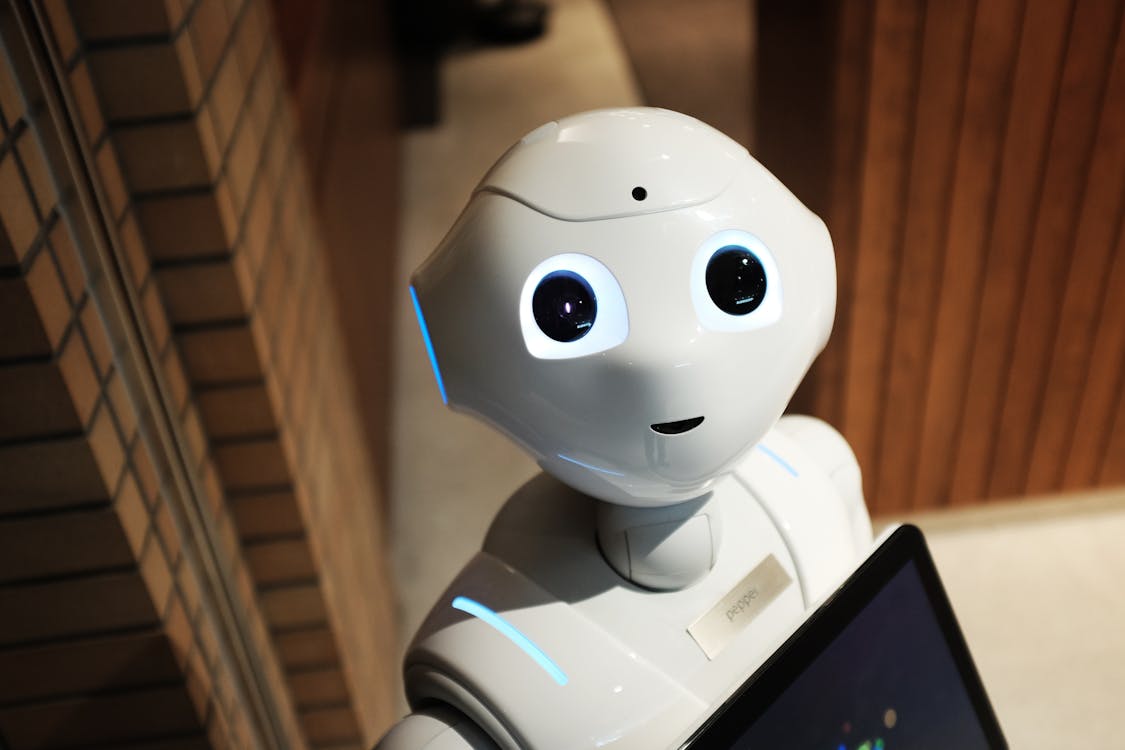
What is Artificial Intelligence?
Artificial intelligence is a field of computer science and engineering that focuses on the creation of intelligent machines.
AI is composed of three key components: machine learning, natural language processing, and computer vision.
The goal of AI is to create machines that are capable of understanding and acting on their environment, just like humans do.
As it continues to evolve, it has expectations to play a more important role in our everyday lives, such as in the fields of healthcare, transportation, and finance.
However, there are still many questions that remain about the future of AI, and there is a lot of work still to be done in order to achieve its full potential.
8 Common Myths of Artificial Intelligence
Myth 1: AI Will Replace Human Workers
This is perhaps the most popular myth about artificial intelligence. Many people believe that artificial intelligence will eventually replace human workers in all industries, leading to mass unemployment.
However, this is not necessarily the case. The industrial revolution, which saw the rise of machines such as the steam engine, did not lead to mass unemployment.
Instead, it led to a shift in employment from manual labor to industrial jobs, which were easier to mechanize.
In the same way, artificial intelligence is likely to lead to a shift in employment from manual labor to industrial jobs, which are easier to mechanize.
While it is true that AI may eventually lead to the automation of some jobs, it is also likely to create new opportunities for humans that were not possible before.
Myth 2: AI Can Solve All Problems
A lot of people believe that AI can solve any problem that humans can solve. That includes complex tasks such as climate change or world hunger. While AI can be very powerful when it comes to solving certain types of problems, it is not infallible.
For example, AI has been able to achieve some impressive feats in the field of computer vision, but it is still limited in terms of its ability to understand and interpret complex images.
As such, AI cannot be expected to solve all problems on its own. In fact, it will likely require the input of human experts in order to be effective.
Myth 3: AI Puts Data at Risk
Our fear of artificial intelligence is often based on the idea that AI will put our data at risk. However, this harmful myth is not always the case.
While AI can access and use data in a way that is different from how we do, it does not necessarily mean that the data is at risk.
For example, AI may be able to analyze large amounts of data more quickly than human intelligence can do, which could lead to new insights and discoveries.
Additionally, AI does not always need access to all the data in order to function. In some cases, it may be able to use only a subset of the data in order to make more accurate decisions. Material databases, such as medical records, are a good example of this.
Myth 4: Superintelligence is a Threat to Humanity
This is perhaps the most frightening myth about artificial intelligence. Many people believe that artificial intelligence will eventually reach a point where it becomes a threat to humanity. This is not necessarily the case.
While it is true that artificial intelligence can become very powerful, it is not yet able to match the cognitive abilities of humans. As a result, AI would still be limited in its ability to make decisions and solve problems on its own.
Additionally, artificial intelligence does not have any moral or ethical obligations that are unique to humans. In the future, it is possible that AI will help humanity achieve goals that we could never achieve on our own, such as extending human life or improving our economy.
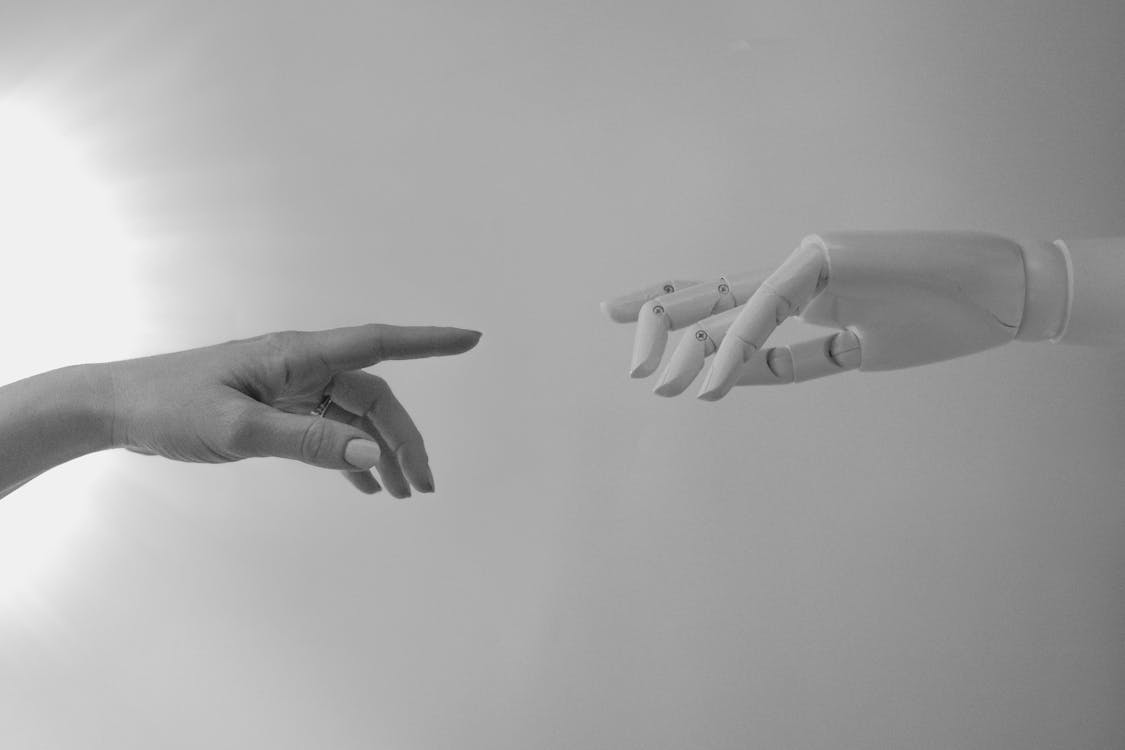
Myth 5: Businesses Will Be Unable to Compete with AI
This is another common myth about artificial intelligence. Many people believe that businesses will be unable to compete with AI, and that they will be forced to extinction. This is not always the case.
While AI can have a significant impact on how businesses operate, it is not always easy for businesses to adapt to this change.
In some cases, it may be difficult for businesses to find the right data to train AI on, or to find the right AI experts to help them implement the technology.
Additionally, businesses may be able to adapt and compete with AI by using it in new ways. For example, some businesses may use AI to help them better understand their customers or competitors.
Final Thoughts
While there are a number of myths about artificial intelligence, it is important to remember that these are just that – myths.
The truth is that artificial intelligence is a rapidly growing and constantly evolving technology. There is a lot of information available on the subject.
As long as you are aware of the 5 common myths about artificial intelligence, you will be able to better understand this exciting field.
Visit our blog, WorkDeputy, for more articles related to business and marketing tips!
FAQs
1. What is AI Used for Today?
AI is used for a variety of purposes today, including powering digital assistants like Siri and Cortana, helping businesses automate tasks, and playing a role in autonomous vehicles.
2. What are the Different Types of AI Models?
There are three main types of AI models: rule-based, data-driven, and deep learning.
3. How is AI changing SEO?
Artificial intelligence can help search engines better understand and rank websites by providing information about the content on a site. As a result, AI-assisted search results can be more accurate and relevant.
4. How is Machine Learning Related to AI?
Machine learning is a subset of AI that uses algorithms to learn from data. It is used in a variety of applications, including artificial intelligence, natural language processing, and predictive analytics.
5. Why is AI a Hype?
There are a number of reasons why people may be hyped about AI. First, AI is constantly evolving and growing more powerful, which means that there is always new potential for it to improve our lives. Second, AI has the potential to disrupt many industries, including healthcare, transportation, and finance. Finally, AI is often seen as a symbol of progress and innovation. It can give people a sense of excitement and anticipation about its future developments.

